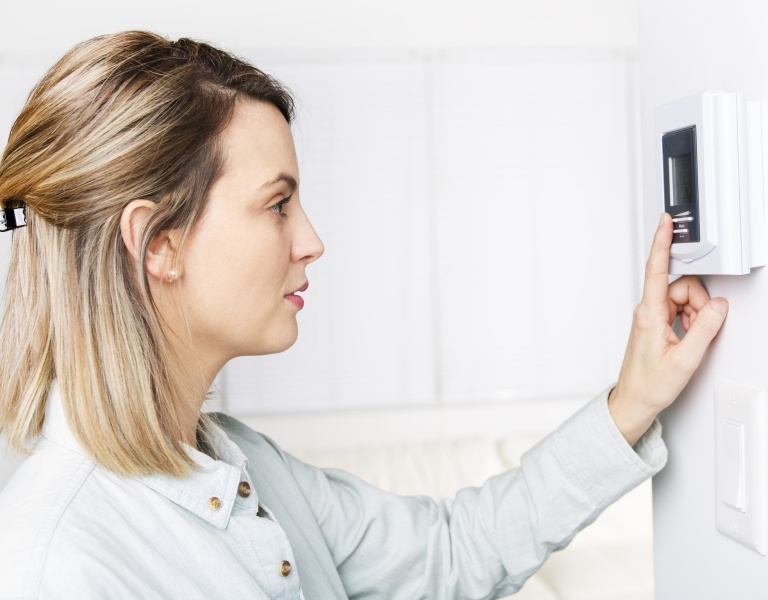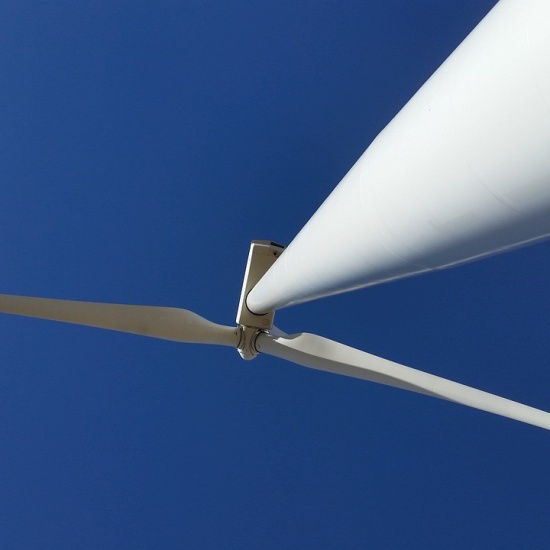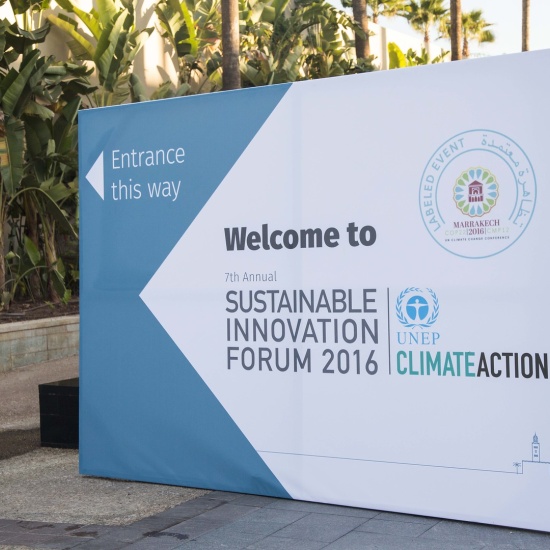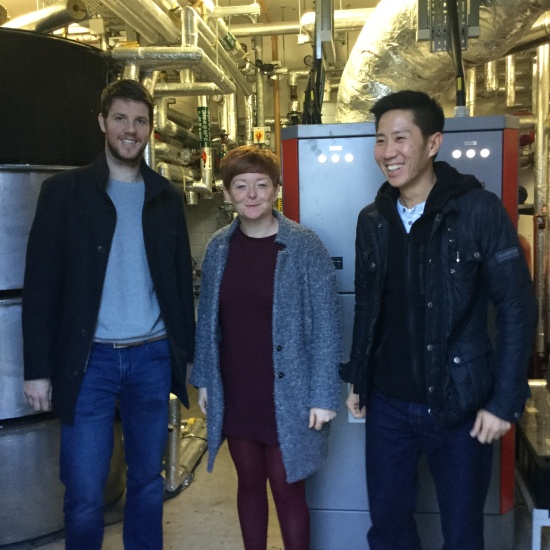How do we think about energy?
Over 90% of Irish people consider climate change to be a serious problem with almost 70% considering it a very serious problem. In this blog, Karl talks about how Irish people think about energy and what works for changing behaviour.
How do we think about energy?
We don't. Or more accurately, most people don't think about energy most of the time. Most electricity and gas customers pay their bills by direct debit. Many gas and electricity customers also admit that they never read their bill.
For most of us, using energy is not an end-goal in and of itself. It is a means to an end. We turn on a light to see. We turn on the heating because we are cold. In fact, a lot of the time, we end up doing something that uses energy simply out of habit.
Do we think that saving energy is important?
This isn't to say that people do not have any opinions about energy, how they use it, or the environmental consequences of using too much of it. Over 90% of Irish people consider climate change to be a serious problem with almost 70% considering it a very serious problem. Irish people believe climate change is a serious problem and think that more public support is needed to transition to clean energy sources. While a larger proportion of people think that the government or the European Union are responsible for tackling climate change, many Irish people still agree that they themselves are responsible. So, do we have the necessary knowledge to act on our sense of responsibility?
Are we aware of the best ways to save energy?
Results from a recent survey conducted by SEAI showed that when people were asked to rank the top three behaviours they thought would save the most energy, the top three responses were:
- Using LED bulbs
- Draught proofing your home and
- Turning appliances off standby
While each of these behaviours will help to save energy, there were other behaviours on the list which lead to larger savings, such as using a timer for the immersion and using a timer to control heating times. Using your heating system more efficiently is the number one thing you can do to reduce your home's energy use.
Interestingly, when the same respondents had previously been asked to spontaneously list the day to day things they were currently doing to save energy, the most popular answer was "don't know / I don't do anything" followed by "switching off the lights when not in use", followed by "turning off appliances on standby".
Taken together these results suggest that people are unlikely to be aware of the best ways to save energy in their home. Why is this?
Using your heating system more efficiently is the number one thing you can do to reduce your home's energy use.
How do we identify ways to save energy?
One explanation is that we are simply not aware of how different parts of our homes use energy and how much energy our heating and appliances use. International surveys on people's knowledge of energy show that most of us do not have a detailed understanding of how energy is consumed.
Another is that we use rules of thumb when thinking about which elements our home uses the most energy, which can lead to errors in our thinking. As SEAI's survey results have shown, many people believe that turning off the lights can be a good way to save energy. Lights use energy in a visible way and it is easy to notice when they have been left on. This can lead us to believe that lights use a bigger portion of overall energy use than they actually do.
People also use other simple rules of thumb, like an appliance's size or its energy rating to estimate how much energy it uses.
For example;
Imagine you are buying a new TV for your living room and you want to buy the TV that uses the least energy. You walk into the store and are presented with two options;
- 32 inch A-rated TV
- 42 inch A-rated TV
There's not that much of a price difference between the two TV's and since they are both A-rated you reckon 'I may as well get the 42 inch'.
But, even though both TV's are A-rated, the 42 inch is still likely to use more energy in Kwh's than the 32 inch. When we rely on the energy rating alone, without reading the details of the label, sometimes we can make decisions that go against even our own stated goals.
One thing is certain. We don't identify ways to save energy, or change our behaviour, by carefully researching the costs and benefits of each of our energy related decisions.
So, what's the solution?
How can we encourage more people to engage in pro-environmental behaviours?
It is clear that people are not aware of how energy is used in their home and that people use, sometimes misleading, rules of thumb to make decisions about saving energy. It might seem like the obvious solution is to teach people more about energy or raise awareness through mass awareness campaigns. But, a large amount of evidence suggests that this is not the best way. In reality, simply providing people with information on how to save energy without providing sufficient motivation for them to do so, or working to make it easier for people to do the right thing, won't lead to more people taking action to save energy.
Changing energy behaviour - what works?
So, what can we do? What works for changing energy behaviours?
Some of the answers to this question are contained in a new report "Changing Energy Behaviour -What Works" that we recently published. We reviewed 175 international studies that measured the impact of different behaviour change interventions on energy use. Some of our main findings include:
- Providing people with simple feedback that compares their energy use to their neighbour's through 'smart billing' motivates people to save energy;
- Encouraging people to set energy saving goals of about 10-15% motivates them to save energy; and
- Running interactive behaviour change programmes in communities can encourage people to reduce their energy use and invest in energy efficiency upgrades.



